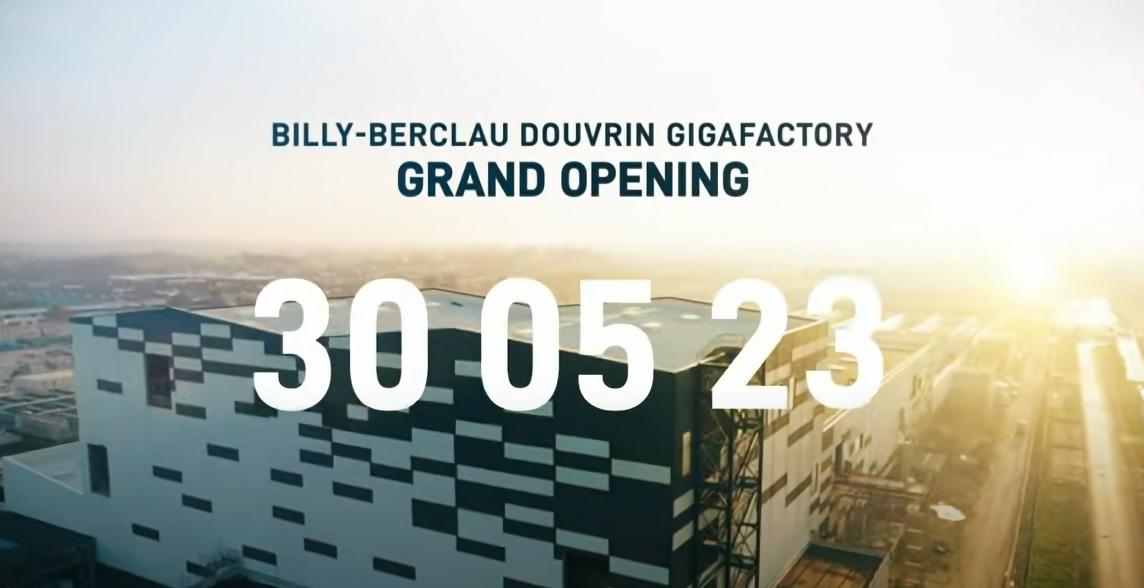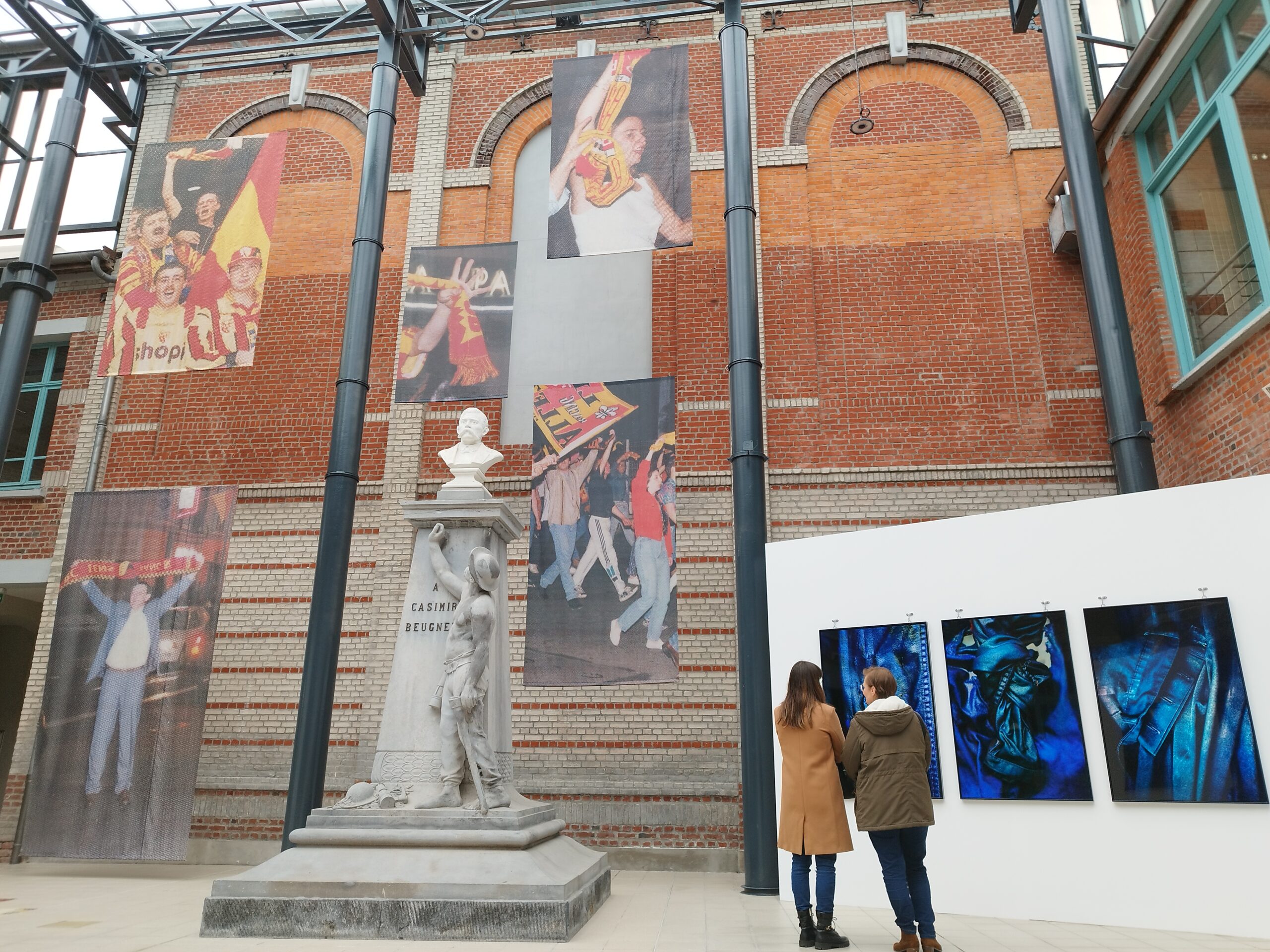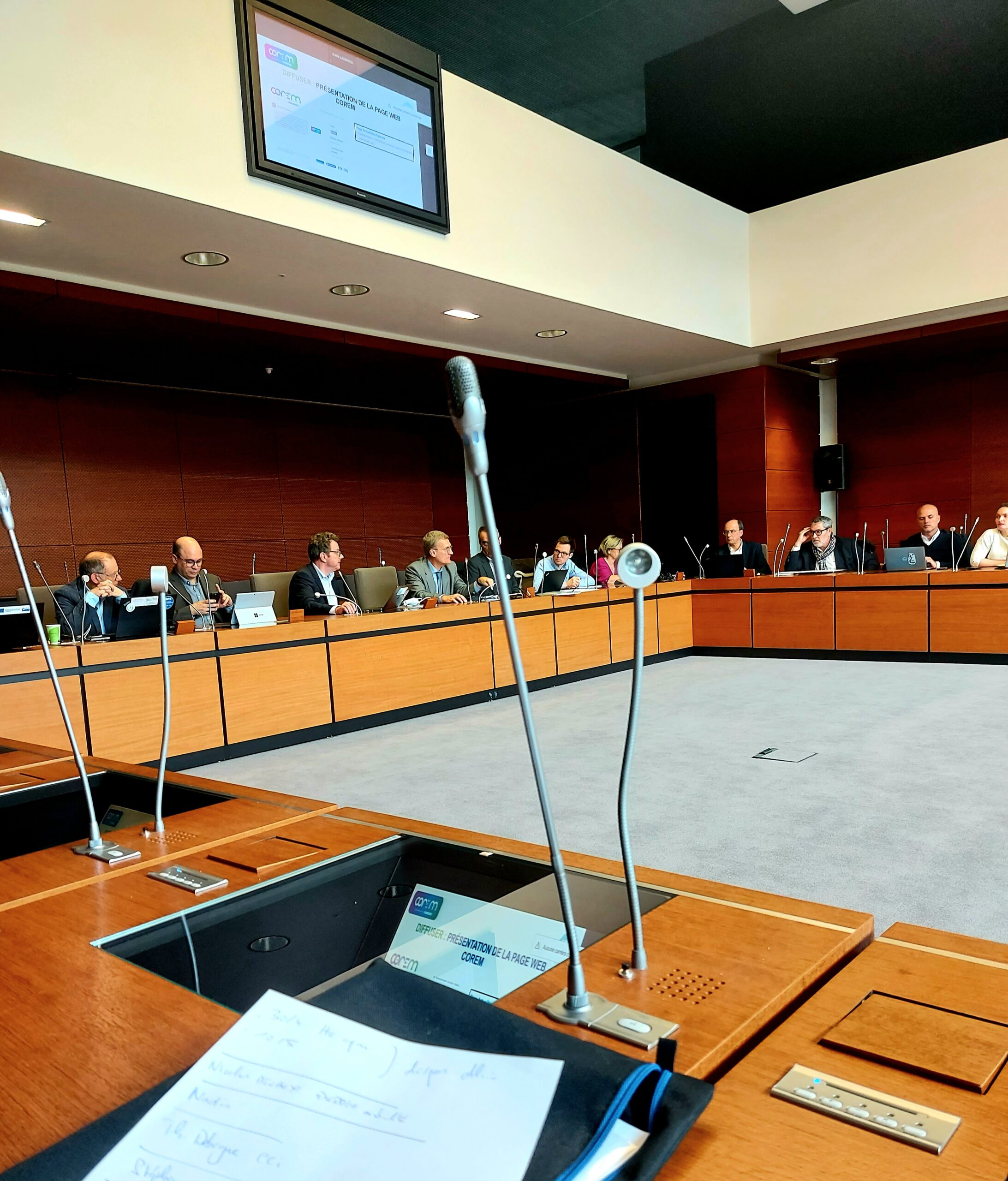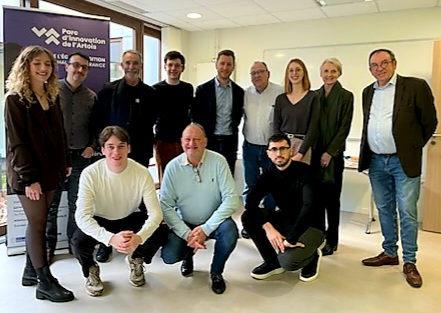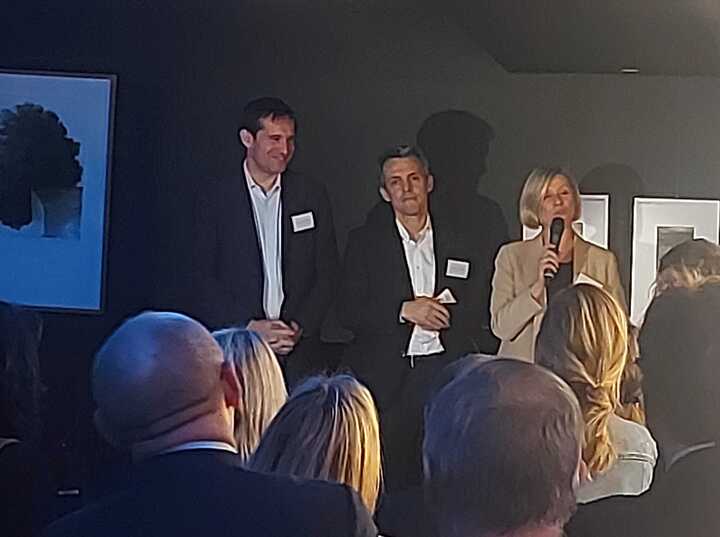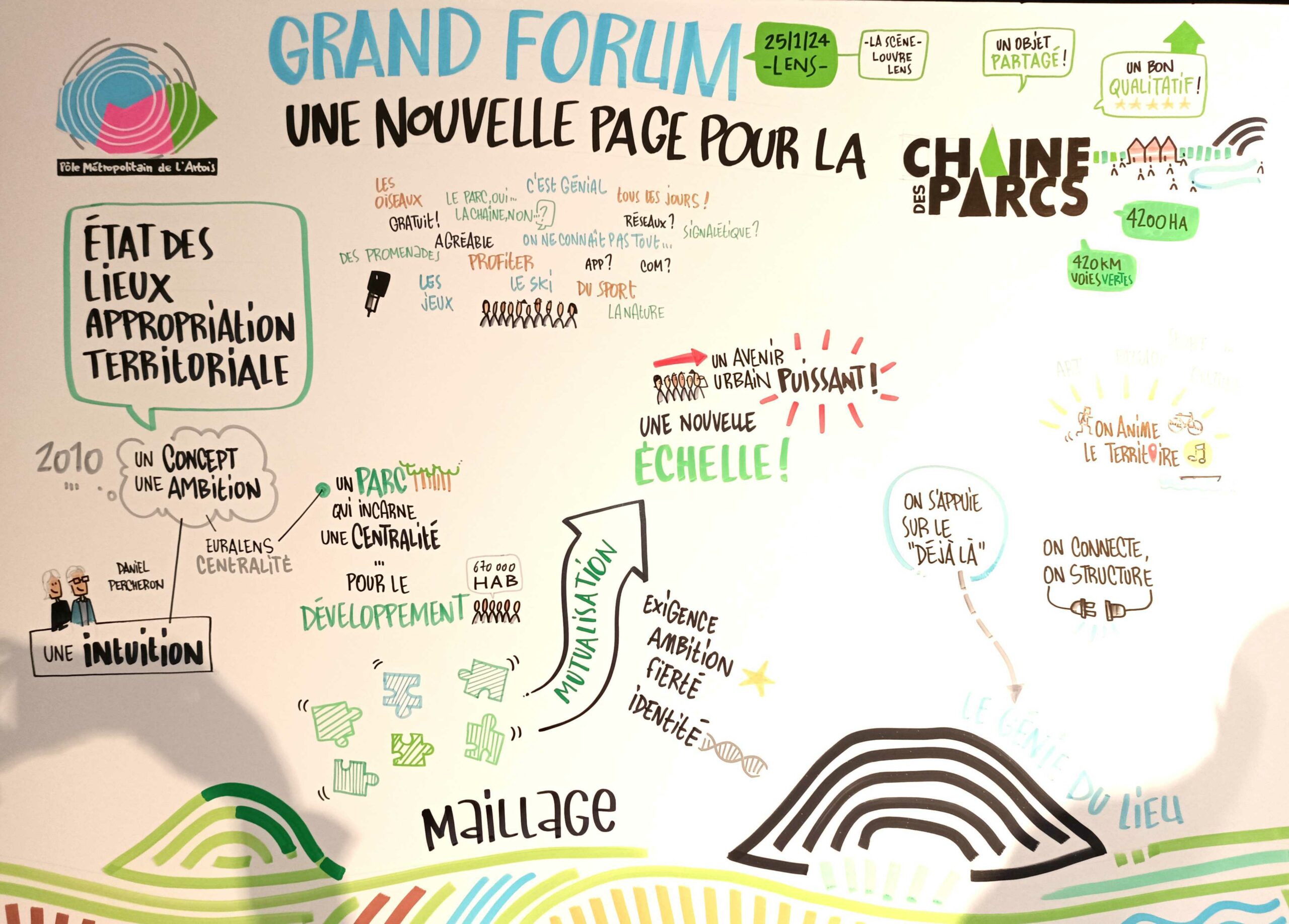That's it, D-Day! Today, we are celebrating the birth of ACC, “the European Airbus of the battery” in Douvrin (62) on the territory of the Metropolitan Pole of Artois, in the presence of the French and European authorities, the world leaders of the automotive and energy industry, and all the driving forces of Hauts-de-France and the Artois Metropolitan Area.
What immense pride for all the actors and inhabitants of this territory! This major event places our pioneering dimension in ecotransition (for 20 years) and green industries in the spotlight. With the inauguration of the very first gigafactory in the Electromobility Valley in Hauts-de-France, we are celebrating the birth of a new European industrial sector with, as a result, the creation of thousands of jobs and the challenge of training for these professions of the future, many of which have yet to be invented.
This challenge, the Grand Artois Committee has taken up by mobilizing a network made up of 36 high schools, 2 IUTs and the University of Artois, to support the ambitions of the territory. As such, the University is opening an engineering school in electrical engineering in September in Béthune. Since the start of the new school year, several former students of the Voltaire high school in Wingles, in Pas-de-Calais, have been following the production line pilot training reactivated after three years on standby. In total, more than 50 training courses meeting the growing needs in terms of industrial, social and environmental issues exist, have been created or relaunched to massively train the talents needed by green industries.
If the inauguration of ACC today is the result of a powerful collective game on the scale of our territory, this thinking in “ecosystem” mode contributes to making Hauts-de-France the great European region of mobility. electricity, alongside the territories of Douaisis and Dunkirk which will also host the next “made in Hauts-de-France” gigafactories!
Recruitment, decarbonization and ecosystem: the three challenges of the Artois Metropolitan Pole
Recruit and train. In a territory where the unemployment rate is at an all-time low (9,8% in Lens and 8,3% in Béthune) with a decrease of 3 to 5 points depending on the sector over the past ten years, it is indeed the recruitment challenge posed by the establishment of ACC and many other new companies announced (+ 7.500 jobs created since 2015). With the Grand Artois Committee, it is a network made up of 36 high schools, 2 IUTs and the University of Artois which mobilizes to support the ambitions of the territory and offer solutions both for initial training and for the retraining of adults. As such, the University opens in September in Béthune an engineering school in electrical engineering. Since the start of the new school year, several former students of the Voltaire high school in Wingles, in Pas-de-Calais, have been following theproduction line pilot trainingn reactivated after three years of standby. In total, more than 50 training courses meeting the growing needs in terms of industrial, social and environmental issues exist, have been created or relaunched to massively train the talents needed by green industries.
Decarbonize. Producing on the territory electric batteries for all of Europe is an important step to participate in the decarbonization of the industry. But that is not enough. The Artois Metropolitan Pole is betting on rboost river transport so that these ecological transition industries do not produce road transport. The territory is served by 50 km of wide-gauge canal, connected to the Port of Dunkirk and the future Seine-Nord Europe Canal. The Metropolitan Pole is working to synergize its port infrastructures to achieve a massive modal shift of its economic activities.
Decarbonization will also go through the transformation of the territorial energy mix which leads Artois to accelerate the production of renewable and recovered energy: solar (two large solar power plants have just been inaugurated in Beuvry and Leforest), heating networks (Lens-Liévin, Béthune, etc.), mine gas (exploitation of “firedamp” which escapes naturally from old coal mines).
Make an ecosystem. The Pôle Métropolitain de l'Artois ensures that the establishment of ACC rhymes with development of the entire value chain of this new industry. Development work on activities upstream, downstream and related to the production of batteries has been initiated. The recent announcement of the establishment in Harnes of the Canadian Li-Cycle, specializing in battery recycling, illustrates it. This strategy is also embodied in the creation in Béthune of the technology transfer platform on energy eco-efficiency, Tech3E, carried by the University of Artois or the repositioning of the automotive engine test center CRITTM2A from Bruay-La Buissière to electric.
It is a whole ecosystem of innovation that is gradually being structured to give the territory the weapons that allow it to control its development. The creation in the spring of 2022 of its Artois innovation park, at three sites in Béthune, Lens and Oignies and the “Innov in Artois” community to animate it, testify to it.
Finally, forming an ecosystem also means acting collectively beyond our borders, and helping to make Hauts-de-France a major European region for electric mobility alongside the territories of Douaisis and Dunkirk, which will also host the next “made in Hauts-de-France” gigafactories!

